In the context that extra classes are still a need for many final year students, tightening extra classes in one place will easily lead to a situation of expansion in other places. Therefore, many opinions say that localities need to strengthen management and control the quality of extra-curricular tutoring centers to ensure the rights of learners.
Parents struggle to find extra classes for their children in their final year of high school.
Although Circular No. 29 of the Ministry of Education and Training stipulates that schools are allowed to organize extra classes but do not collect fees for 3 groups of students, including senior students. However, many parents with children in grade 9, preparing for the 10th grade entrance exam in Hanoi are still worried that not collecting review fees for senior students and limiting the duration to no more than 2 periods/week as stipulated in the regulation will affect the motivation of teachers and the quality of teaching at schools. Therefore, many parents still need to find extra classes so that their children have time and opportunities to consolidate and expand their knowledge to meet the requirements of highly competitive exams such as the 10th grade entrance exam. In many forums for parents with children in high school, finding reputable tutoring and exam preparation centers has become one of the hot topics.
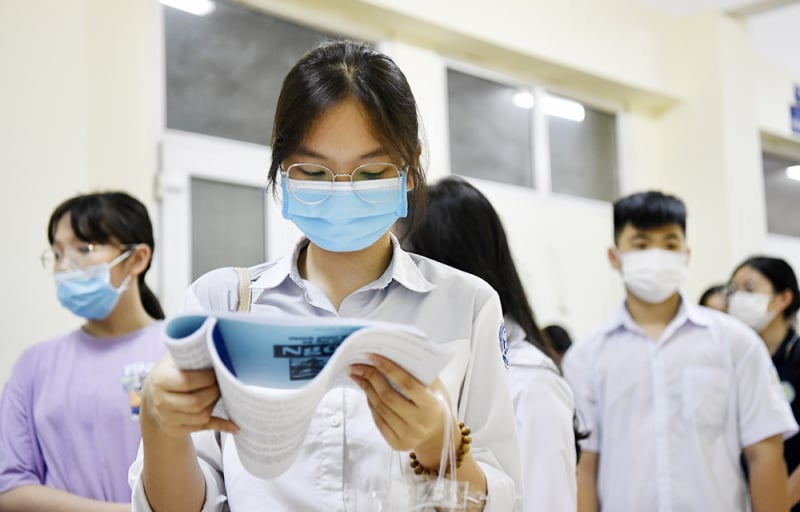
Ms. Nguyen Le Phuong, a parent whose child is in grade 9 and is preparing for the 10th grade entrance exam in Hoang Mai district (Hanoi) said: “There are only a few months left for the public 10th grade entrance exam, which is considered more difficult than the university entrance exam. My children are taking extra classes at school to review for the exam and now it has suddenly stopped. I am worried that my child will not be able to pass the public 10th grade exam with such a large amount of knowledge without extra classes. According to Ms. Phuong, training and improving knowledge is a great need for final year students, when they have to take important entrance exams. Therefore, if they do not have extra classes at school, students will definitely have to go to centers. However, evaluating the quality and tuition fees at the centers is also difficult for many parents. Meanwhile, if they can learn from teachers at school, parents will feel more secure because teachers will clearly understand the strengths and weaknesses in knowledge acquisition and learning ability of students, and parents will also save costs by taking advantage of the school's existing facilities.
Not only parents of seniors, some parents with children in grades 6, 7, 8 also have the need for their children to learn English and skills classes in the afternoons during the week when many schools stop teaching cultural subjects and do not organize boarding. However, according to many parents, there are currently many centers online advertising courses on life skills, programming skills and a series of sports, fine arts and art clubs with different tuition fees, but what is the actual quality, choosing which center for their children to study is not easy for many parents.
Avoid mass licensing without quality control
According to our research, what many teachers, parents and public opinion are currently most concerned about are the problems arising in the actual implementation of Circular 29. The biggest concern is that along with the "blooming" of tutoring centers, when in many large provinces and cities, the number of business registration applications related to the education sector has increased sharply, will a new tuition fee level be established and will this financial burden fall entirely on the shoulders of parents? In addition, how will the quality of the teaching staff, from professional qualifications, degrees, pedagogical capacity and the content of the study programs at the center, be assessed and controlled? What can parents rely on to know which program is suitable and ensures quality? Therefore, many opinions say that, in addition to managing extra teaching in schools, provinces and cities also need to have a plan to improve the effectiveness of inspection and supervision of extra teaching centers, avoid the situation of massive licensing without quality control, and at the same time must ensure the rights of teachers when registering to teach extra.
Sharing with CAND Newspaper reporters on this issue, Associate Professor Dr. Tran Thanh Nam, Vice Principal of the University of Education, Vietnam National University, Hanoi, said: To properly manage extra-curricular teaching, there are a number of issues that need to be clarified. Firstly, who is allowed and qualified to teach extra-curricular teaching at the centers? Secondly, what kind of program is considered appropriate and qualified to teach, and are programs with content that coincides with the goals of the new general education program allowed to teach extra-curricular teaching? Thirdly, how is advertising and promoting programs and courses appropriate and inappropriate? Who will manage this to avoid the situation of exaggerated advertising like the current advertising of functional foods?
From the above analysis, Associate Professor, Dr. Tran Thanh Nam said that in the current context, the inspection and registration of tutoring centers must be transparent. And to do this, it is necessary to use technology and digitalization so that the authorities can manage it. For example, we need to think of a mechanism to manage tutoring and tutoring on a unified online platform nationwide and by locality. Any tutoring program must be registered on this system, clearly stating the detailed course outline and output standards to ensure that it does not overlap with the main program and does not overlap with the requirements that have been satisfied in the general education program. The system also clearly shows the history and experience of the teachers, their experience, qualifications and certificates; which subjects are registered for the course, what are the costs, what are the results achieved after studying... If this cannot be done, it will be very difficult to control quality. As a result, the financial burden of families is not resolved when they have to spend more money but do not meet expectations, and students are still passive. In addition, the management of extra teaching also needs to focus on how to protect the rights of teachers participating in extra teaching at the centers with the condition that the program designed by teachers is suitable for the requirements, focusing on the competencies that have not been fully demonstrated in the new general education program. As for other subjects such as freelance teachers, it must be managed with the required certificates according to regulations.
Associate Professor Dr. Tran Thanh Nam also said that it is necessary to more clearly define what the centers are allowed to teach because Circular 29 has clearly stated that the provision of knowledge for unqualified students or talented students is the responsibility of teachers and schools. Along with that, planning which content, programs, and subjects are necessary for the centers to exploit to avoid duplication and waste. For example, the centers can focus on teaching 21st century citizen skills such as design thinking, financial thinking, creative problem solving, and responding to school violence, etc.
Source: https://cand.com.vn/giao-duc/day-them-ngoai-nha-truong-chat-luong-ai-kiem-dinh--i759490/








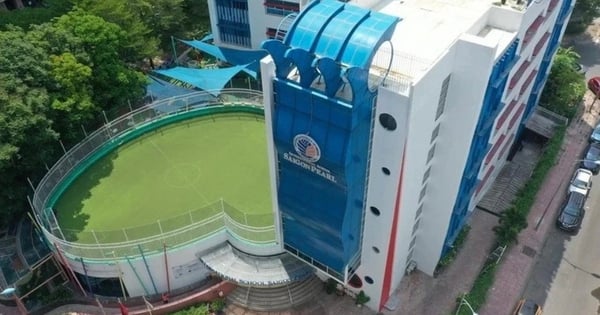



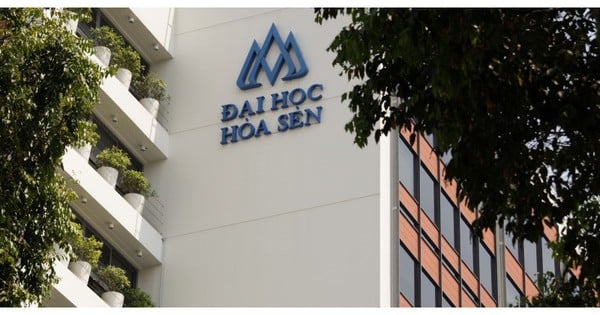

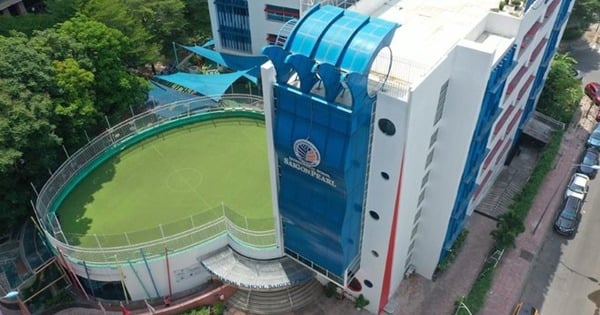

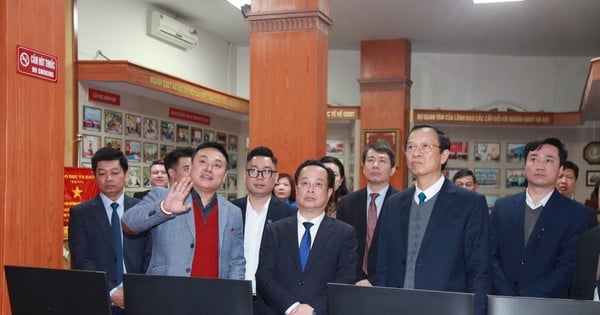

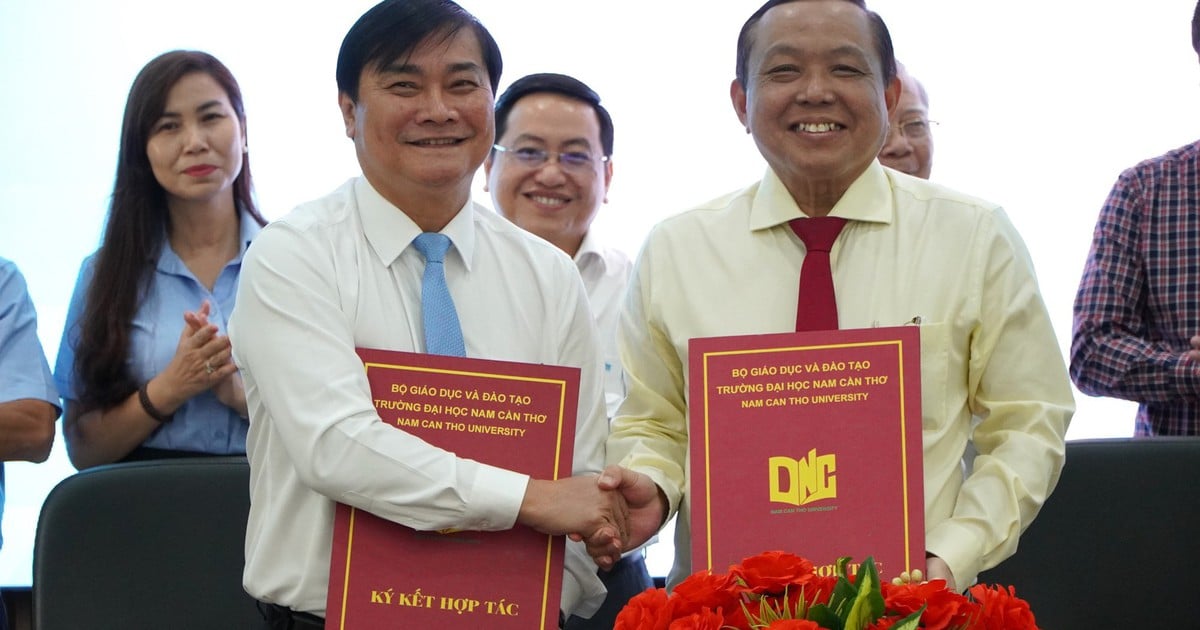

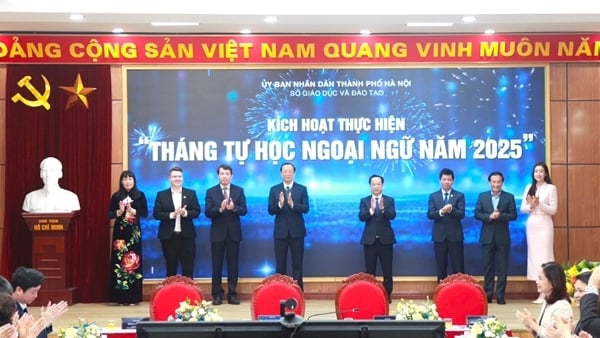
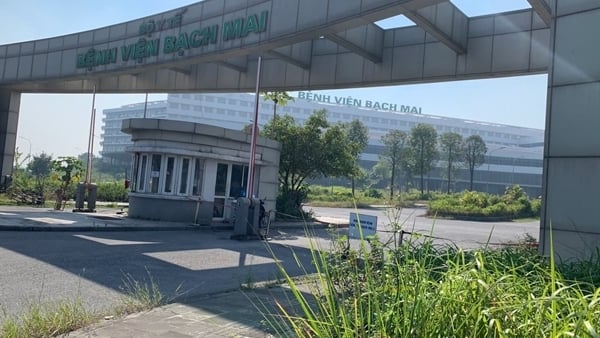
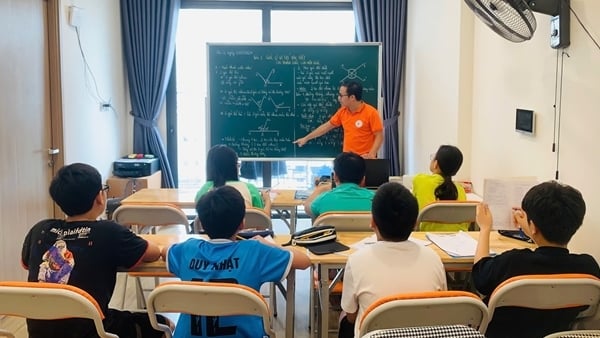

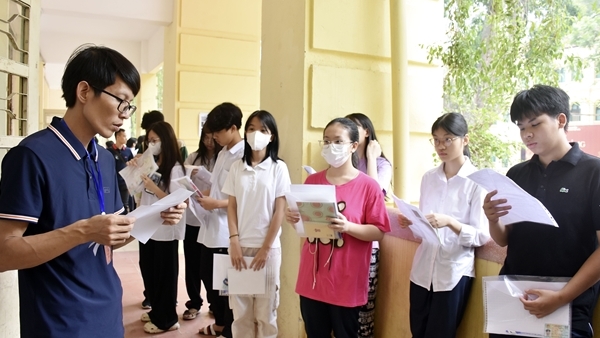




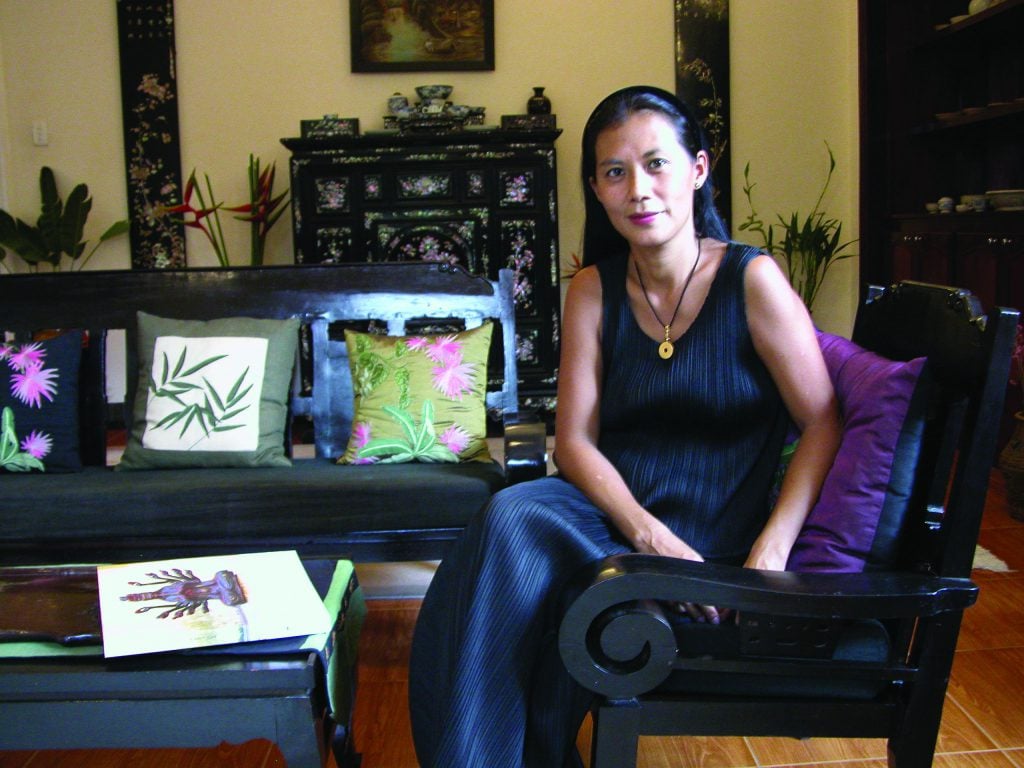


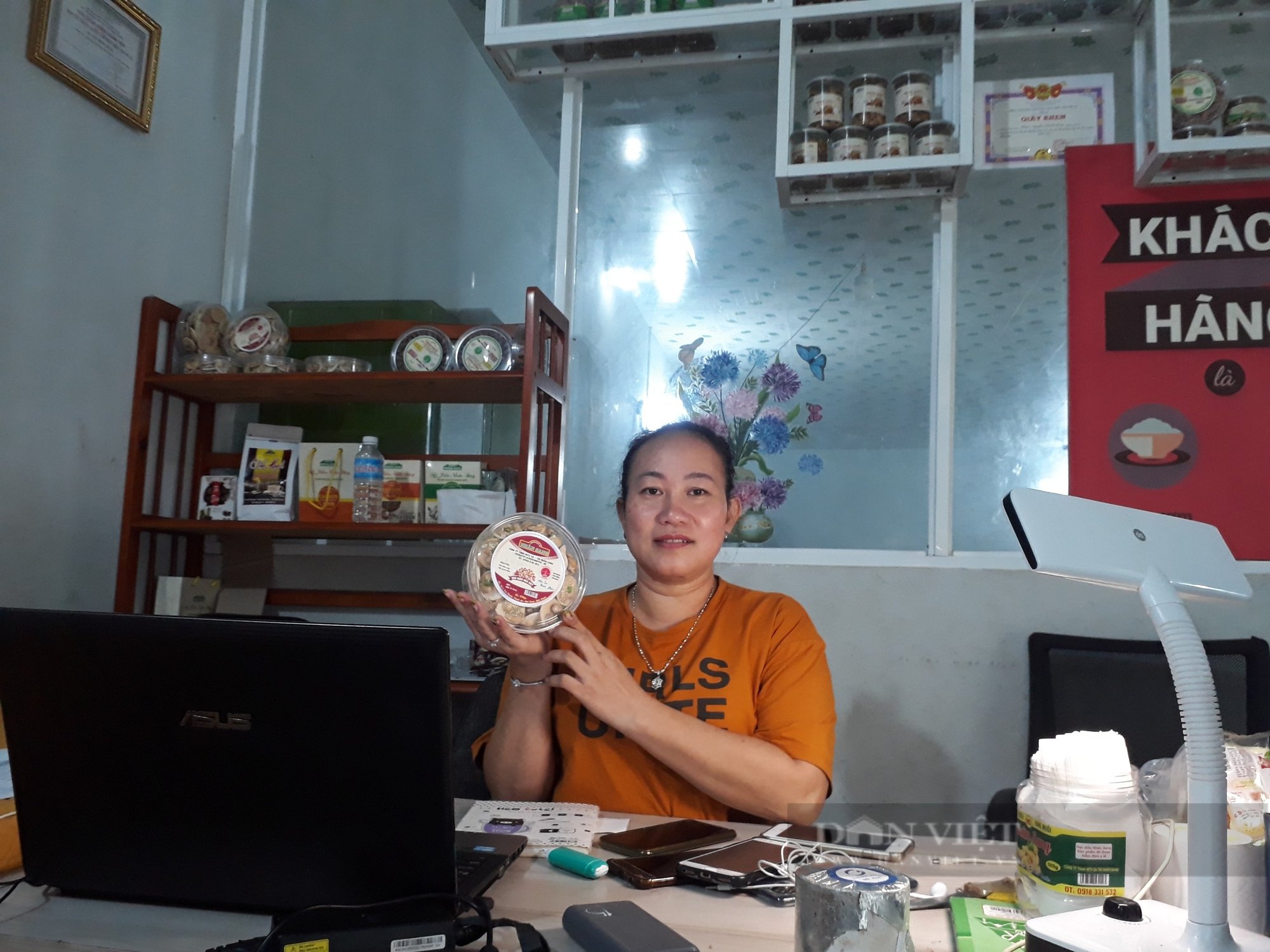


Comment (0)